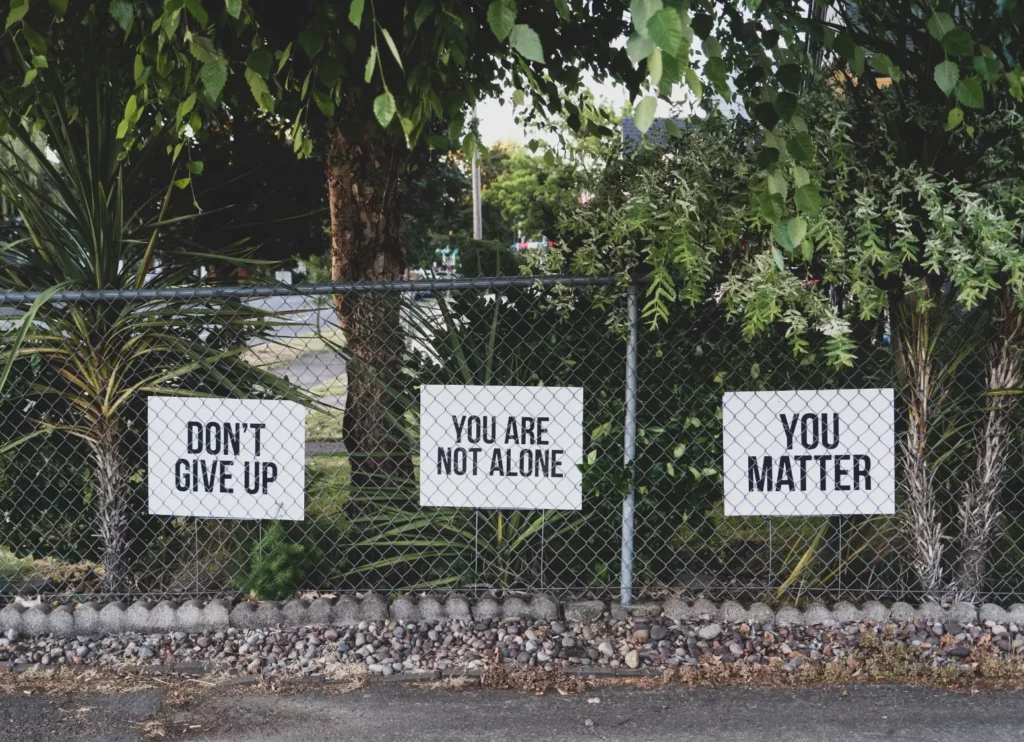

The criminal justice system stands as one of society’s most potent mechanisms for maintaining order and meting out consequences. However, its interaction with mental health issues reveals a complex and often troubling intersection. With an alarming number of incarcerated individuals struggling with mental health disorders, the need for reform and understanding in this area has never been more urgent.
A Startling Overview
An unsettling reality confronts us: jails and prisons have, in many ways, become the de facto mental health care providers in the U.S. A significant proportion of the incarcerated population grapples with mental health issues, often without adequate treatment or support. In fact, according to a study by the Bureau of Justice Statistics, over 37% of state and federal prisoners and 44% of jail inmates reported having been told by a mental health professional that they had a mental health disorder.
The Revolving Door Syndrome
One of the most significant challenges with untreated mental health issues in the justice system is the cycle of re-offending. Without appropriate care and intervention, individuals are more likely to re-enter the system, perpetuating a costly and damaging revolving door syndrome.
Misunderstanding and Misclassification
The justice system, largely designed for punitive measures, often misinterprets symptoms of mental illness as non-compliance or aggression. As a result, those with mental health disorders may face harsher punishments, longer sentences, or be placed in environments that exacerbate their conditions, like solitary confinement.
Towards a Solution: A Multi-Faceted Approach
In Conclusion
Mental health and criminal justice are intricately intertwined, and addressing their overlap is not just a matter of justice but of public health and societal well-being. The time is ripe for a more compassionate, informed, and effective approach, one that sees the individual behind the offense and seeks to heal rather than merely punish.
COPYRIGHT © 2024 INNOCENCE OC – ALL RIGHTS RESERVED | Privacy Policy | Terms of Use | Innovated by HEROBrand
Innocence OC functions as a clinical program associated with UC Irvine School of Law. We are a 501(c)(3) non-profit organization. Donations to Innocence OC may become tax-deductible as per legal stipulations (EIN#: 92-2180939). It’s recommended to consult with your tax advisor regarding your individual tax situation.